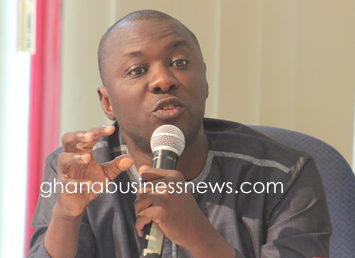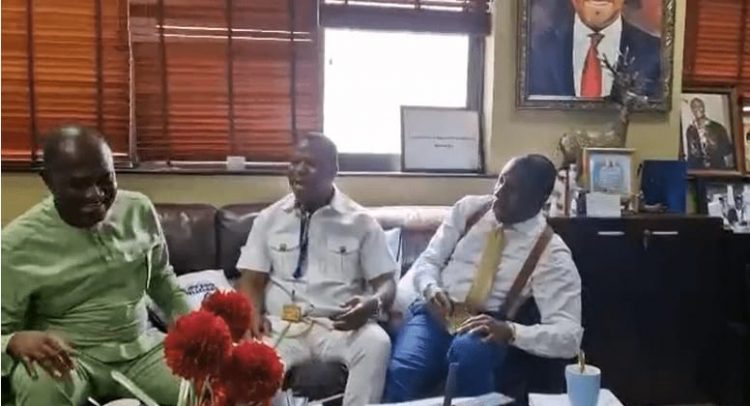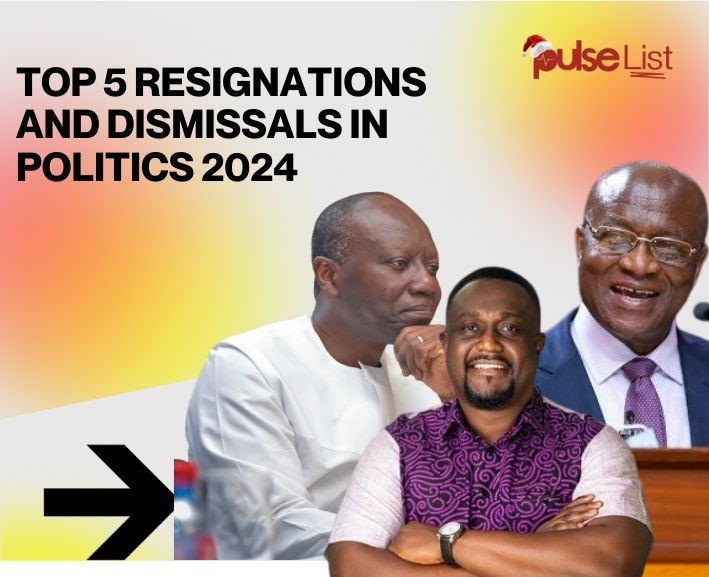
Ordinarily, in an election year, the full budget for the next fiscal year is not presented because the outcome of the elections is unknown. The winner of the elections must have the mandate of the people to govern and derive authorization to spend.
Therefore, the provisions of the Constitution and the Public Financial Management Act allow for a request to spend on statutory obligations, such as emoluments of public sector workers, debt services, and other strategic expenditures, in the first quarter of the following year— in this case, 2025. This is referred to as expenditure in advance of appropriation, which must be approved by Parliament before December 31 of the election year, i.e., December 31, 2024.
Currently, Parliament is on recess without the presentation and approval of this expenditure. I believe, upon reflection, the President may call for an emergency recall of Parliament to present and approve the mini budget before the end of the year.
If the President fails to take advantage of the remaining days to present and approve the mini budget, a government shutdown will be triggered. This implies that, although the outgoing government has the mandate to govern and spend from January 1 to January 6, 2025, it will lack the statutory and constitutional approval to do so.
Furthermore, the Controller and Accountant General will not be permitted to effect any payments. Any breach of this provision becomes punishable. No civil or public servants, including institutions such as public educational institutions, Parliament, the Judiciary, and the Bank of Ghana, will be permitted to spend. Any expenditure on the inauguration of the President, which is not already approved, will also become illegal.
Since this is a new experience, the temptation may arise for some institutions to spend, assuming they are functioning and can regularize the expenditure later. However, such actions may lead to sanctions.
What Can the New Government Do on or After January 7, 2025?
On or after January 7, 2025, the new President will receive the mandate to govern and spend in the name of the Republic. The President can delegate one of his appointees to present the mini budget for approval.
The reality, however, is that on January 7, 2025, there will be no vetted appointees. The Vice President, who does not require vetting, will therefore be the only official eligible to present the mini budget. The choice of the Vice President shows respect for the doctrine of separation of powers, where each branch – the Executive, Parliament, and Judiciary – serves as a check on the others unless appointed by the Executive and vetted in line with constitutional provisions.
For the first time, a Vice President will present the mini budget to Parliament. If assigned, the first female Vice President, HE Naana Jane Opoku-Agyemang, will make history by becoming the first Vice President to present a mini budget to Parliament on behalf of the President.
Indeed, HE John Dramani Mahama and HE Naana Jane Opoku-Agyemang have enriched the democratic history of Ghana.
The post Delay in Presenting Mini Budget: Financial and Governance Realities – Prof. John Gatsi appeared first on The Ghanaian Chronicle.
Read Full Story















Facebook
Twitter
Pinterest
Instagram
Google+
YouTube
LinkedIn
RSS